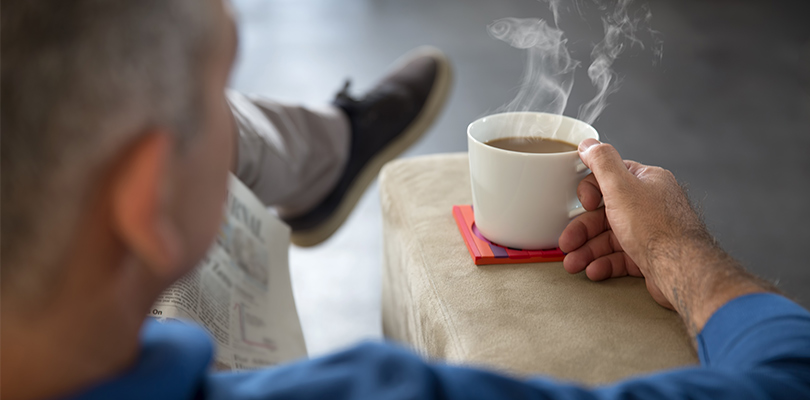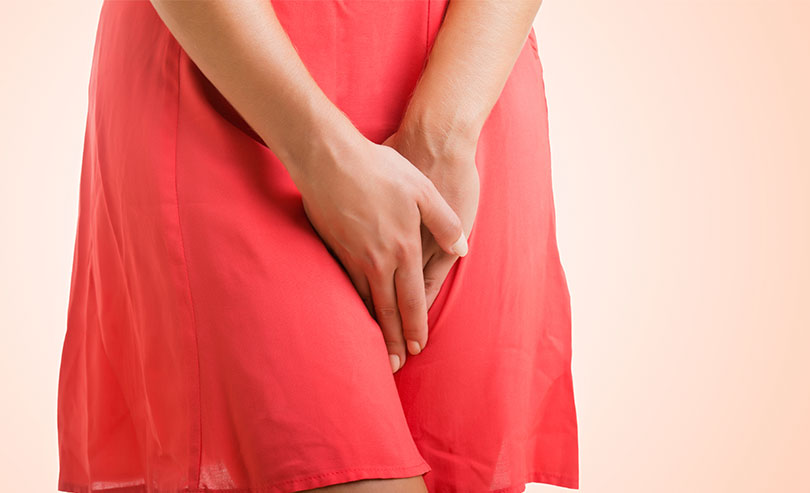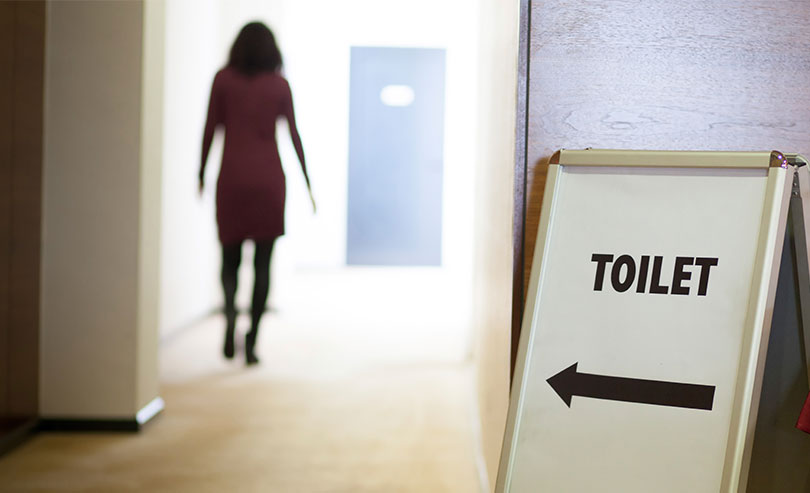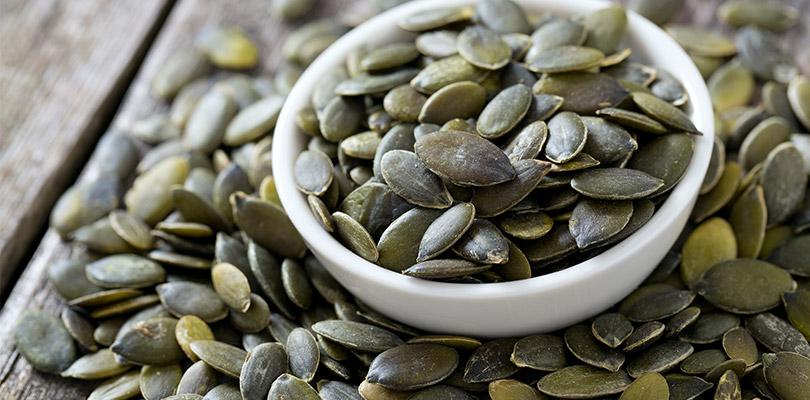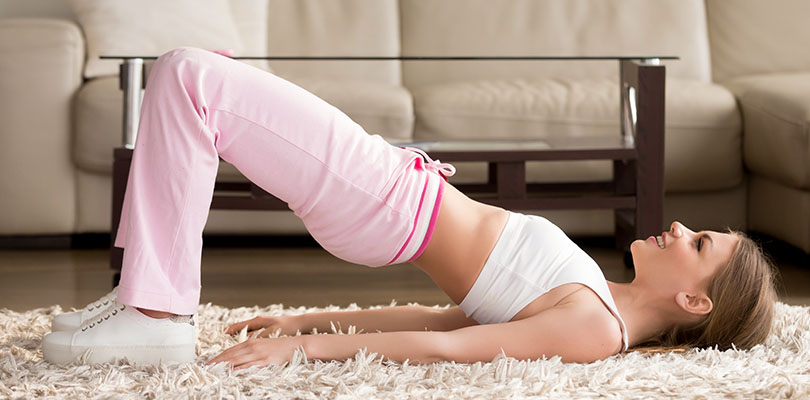What Causes Overactive Bladder
Having an overactive bladder (OAB) can be inconvenient and embarrassing, and it can seemingly develop out of no where. In regular urinary systems, urination can be delayed for some time. For those with OAB, the ability to hold urine can be a difficult task.
What Is OAB?
OAB is a relatively common condition and can impact anyone at any age. It’s not a disease per se, but is more accurately described as a grouping of urinary symptoms. These symptoms may include the sudden and extreme need to urinate that can be difficult to stop or control; incontinence (leaking urine by accident); and frequent urination, which is characterized by urinating eight or more times within 24 hours.
One type of OAB is nocturia, a condition in which you awaken two or more times through the night to use the washroom. OAB is not a normal part of aging, so if you suspect you have OAB, check with your doctor about treatment options and professional advice.
How OAB Occurs
In proper bladder function, the kidneys produce urine which drains into the bladder and passes through the urethra when you urinate. When your bladder fills, your body sends a signal to the brain, triggering the need to urinate. In controlled urination, the muscles of the bladder tighten when you push the urine out. OAB happens when these muscles contract involuntarily – even when the bladder is not full — causing an urgent need to urinate.
Research is ongoing to determine the specific causes of OAB. Studies indicate several potential causes, and here are six of them:
Neurological Disorders
Nerves carry messages from the bladder to the brain, so the brain knows when the bladder is full; it then tells muscles and nerves to work together to either tighten or relax to release urine at the right time.
For those with neurological disorders, such as stroke, multiple sclerosis (MS), or Parkinson’s disease, damaged nerves can send signals at the wrong time, resulting in increased frequency, urgency, or incontinence. Nerve problems affect bladder control if nerves that are supposed to carry these messages between the brain and bladder are damaged.
Medications
There is a risk of side effects with any medication. Drugs themselves may cause a rapid increase in urine production or it may be required that you take them with lots of fluids, which increases the need to void the bladder on a more frequent basis.
There are four groups of medications that can cause or increase incontinence:
- Diuretics (aka water pills): prompt your kidneys to pull extra water and salt from your bloodstream, which produces more urine.
- Alpha blockers: dilate your blood vessels to reduce high blood pressure; however, these drugs also help relax the muscles of the bladder, which enables urine to flow more easily.
- Sedatives or sleeping pills: drugs that promote sleep can also decrease your awareness of needing to use the washroom.
- Antidepressants and narcotic pain relievers: depending on the medication, you may experience increased urgency to urinate, a lack of awareness of needing to urinate, or increased frequency of urination due to the bladder being prevented from contracting and thus not emptying completely. Incomplete bladder emptying results in little urine storage space, forcing you to use the washroom more frequently.
Talk to your doctor if you experience incontinence when you start taking a new drug.
Drinking the Wrong Things
Excess consumption of caffeine or alcohol may irritate the bladder and cause urgency and frequency of urination. Too much of these types of beverages wears down the nerves. When your nerves aren’t operating at optimal levels, signals to the brain may not be sent effectively, which can result in bladder overflow.
Caffeine is also a known diuretic, which can cause your bladder to fill faster than normal. In certain cases, caffeine and other diuretics can lead to bladder leakage. Other drinks that can irritate the bladder are carbonated beverages (even caffeine-free drinks), fruit teas with hibiscus, and chocolate drinks.
It’s important to get these symptoms of overactive bladder checked out as soon as you can, they can usually be easily treated.
Excess Weight
Here is another reason to focus on your physical health. Being overweight may contribute to OAB because the extra weight puts pressure on the bladder which signals the brain that the body needs to urinate. This pressure on your lower abdomen can be so great that it may result in leakage or other bladder control problems like stress incontinence.
Studies indicate that regular physical activity improves bladder control. Those who are overweight may also be candidates for diabetes, which comes with its own bladder issues.
Diabetes
Diabetes can cause damage to blood vessels and nerves. The condition can also affect sphincter control in the muscles surrounding the urethra, leading to leakage. Another possible side effect of diabetes is a urinary tract infection, which can irritate the nerves of the bladder and cause the bladder to squeeze without warning.
Other Factors that Obstruct Bladder Outflow
There are several factors that can increase one’s need to urinate and the urgency in which one needs to do so. Certain conditions, like tumors, can take up room that the bladder needs to expand as it fills.
An enlarged prostate (or other prostate problems), can weaken the urinary stream and add urgency to urination. Constipation can also take up room within the pelvis if there is blockage and straining during bowel movements can damage your pelvic floor.
Management of OAB
There are a few things you can do to try to manage your OAB symptoms:
- Fluid schedules: put yourself on a beverage schedule to limit your fluid intake.
- Bladder training: this helps you train your bladder to hold your urine a little while longer when you feel the need to urinate. Gradually increasing these delays can decrease the frequency of urination.
- Muscle exercises for your pelvic floor: exercises, such as Kegel exercises, can help strengthen pelvic floor muscles and prevent involuntary bladder contractions.
- Medications are also available
Your bladder doesn’t have to control you. Taking the time to understand and manage OAB will increase your quality of life and ensure you’re able to live life on your schedule.
